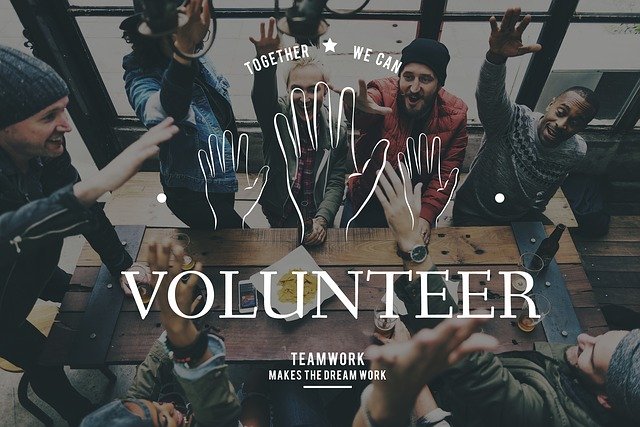In a recent meditation podcast, Diana Winston discussed Meditation and Kindness. She maintained that kindness is “embedded in meditation” because to meditate we have to be able to do so “non-judgmentally”. Even when our mind wanders, which is a natural human characteristic, we can return to our focus without beating up on ourselves. We can acknowledge that in this era of disruptive advertising and the incessant pull of “weapons of mass distraction”, we are going to become “lost in thought” at times and lose our focus. Our concerns and worries about the past or future will also intrude. However, to be kind to ourselves and achieve the refuge inherent in meditation practice we have to avoid engaging in “negative self-stories” such as, “I am hopeless at meditation”, “I will never master the art of meditating” or “I’m bad at everything I do”.
Meditation as kindness to our self
The practice of meditation is itself an act of kindness towards our self. When we meditate, we open a rich store of benefits, not the least of these is the increasing capacity to handle our difficult emotions and our destructive thoughts. Meditation builds our “awareness muscle” and strengthens our capacity to pay attention. It can serve to enrich our relationships by building our ability to engage in “deep listening”. Kelly Noonan Gores, in her book, Heal: Discover the Unlimited Potential and Awaken the Powerful Healer Within, stresses the healing effects of meditation, especially meditation practices involving mantras, positive imagining, gratitude and forgiveness. Mindfulness practices can help carers engage in effective self-care in the face of all the demands on their time, energy, and emotions.
Meditation as kindness to others
While there are specific loving-kindness meditations designed to offer kindness to others, the very practice of meditation brings benefits to others because of our improved awareness of our emotions, thoughts and actions and their impact; increased emotional self-regulation; and enhanced capacity for listening, empathy and compassionate action.
Guided meditation on kindness
During the podcast, Diana offers a guided meditation on kindness that extends beyond self-kindness to kindness towards others. She begins with encouraging a couple of deep breaths to release accumulated stress and bodily tension. As she describes the meditation process, she adopts a trauma-sensitive mindfulness approach by offering a choice of anchors such as the breath, sounds, and bodily sensations, to enable us to focus our attention. Diana suggests that if very strong emotions or pervasive thoughts intrude on our meditation practice, we can temporarily turn our attention to them, explore their origins and significance and then return to our anchor.
Reflection
There are so many benefits to be gained from meditation, not the least of these being kindness towards our self and others and the capacity to heal ourselves. There are many forms of meditation – we have only to explore what approach is best for our self and this may vary over time. As we grow in mindfulness through regular meditation practice, we will realise the multiple benefits of meditation and this will be self-reinforcing. However, we need kindness and persistence, particularly in the early stages, where we can be discouraged by our “conscious incompetence”.
__________________________________
Image by Kirill Lyadvinsky from Pixabay
By Ron Passfield – Copyright (Creative Commons license, Attribution–Non Commercial–No Derivatives)
Disclosure: If you purchase a product through this site, I may earn a commission which will help to pay for the site, the associated Meetup group and the resources to support the blog.

